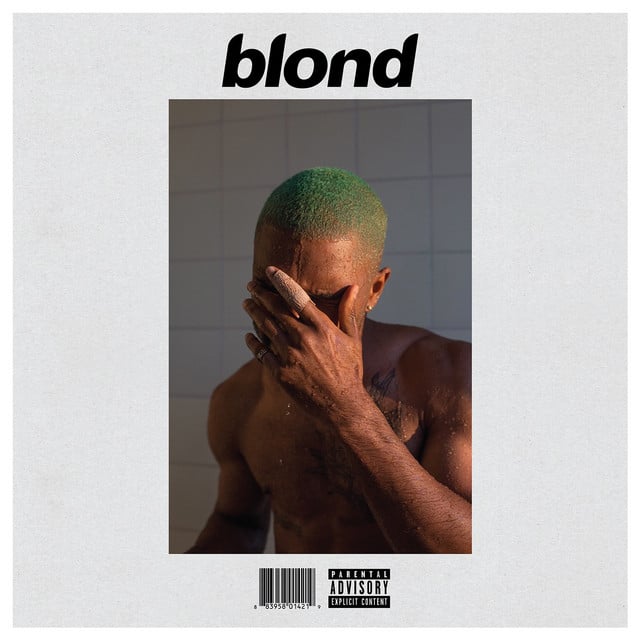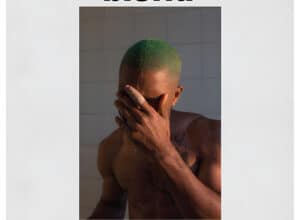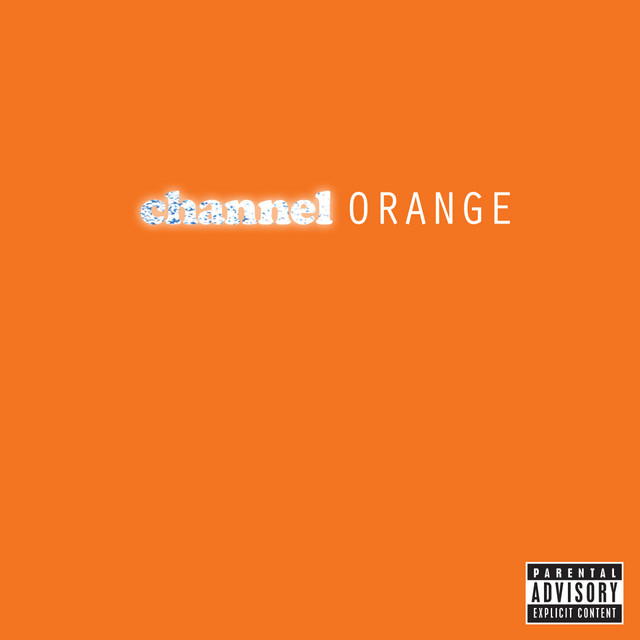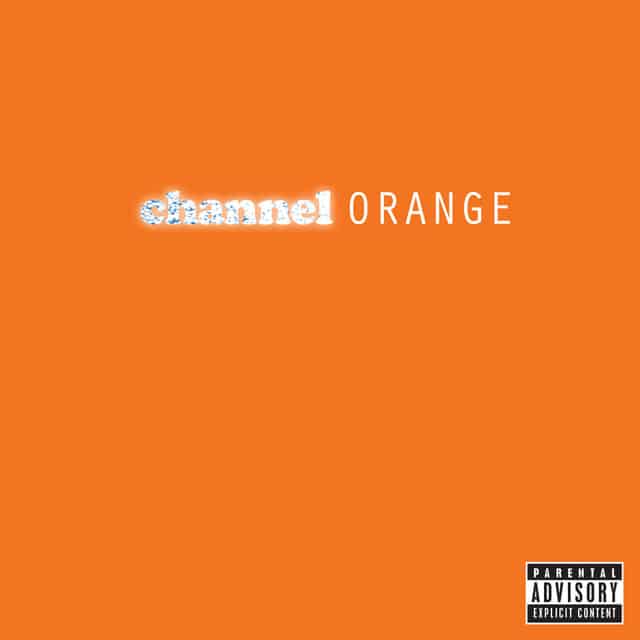Released: 2016
Frank Ocean, in his joint “Ivy,” opens up about the nature of memory, nostalgia, and the complexity of relationships. It’s like he laces each bar with a pang of that bittersweet vibe, takin’ us back to a time when love was fresh and the future was just somethin’ you ain’t seen comin’. We’re thrown into a reflection on past romance, tinged with both affection and a sense of regret for what it ultimately became.
We start at the very beginning, Frank recalls how he was blindsided by a confession of love, setting the stage for a relationship that he hadn’t anticipated—hence, “the start of nothin’.” This ain’t the fairytale love; it’s about real connections that can begin unexpectedly, and just as quickly turn to dust. When he spits, “I could hate you now” and “It’s quite alright to hate me now,” Frank is acknowledging that in the aftermath of a relationship, it’s all love turned inside out. The realness, though? Beneath that anger and resentment, the original affection they had for each other (“the feeling still deep down is good”) lingers on, unable to be fully extinguished. It’s the complex duality of love and hate that often comes with a breakup.
The second verse has Frank reminiscing about the freedom and recklessness of youth, feeling invincible in a “rental like an armored truck.” That’s a metaphor for the protective bubble you’re in when you’re young and in love, thinking you’re untouchable, my G. Driving to Syd’s evokes memories of them adventures with a significant other, those carefree days we’ve all had. Now, that invincibility is gone; the waves that wouldn’t dip signify stability and consistency that no longer seems attainable. He’s accepting of change with “I ain’t a kid no more,” but there’s a wistfulness for the past—a time when everything was simpler, and they were tight.
Frank keeps it 100 when he gets to the line “It’s not the same, ivory’s illegal / Don’t you remember?” This is a clever wordplay—ivory, which comes from elephant tusks, is banned because it’s associated with harm and loss. It’s like he’s using “ivory” as a metaphor for the purity of their past love that’s now tainted or forbidden by the hurt they’ve caused each other. Frank admits to breaking his lover’s heart, acknowledging the pain while hinting that recovery is on the horizon, “You’ll probably feel better by the weekend.” It’s a raw and realistic look at how we can hurt those we care about, sometimes causally, and the transient nature of pain in the grand scheme.
Throughout “Ivy,” Ocean’s lyrics weave a tapestry of lost love and the pain of growth. He captures that time when you realize you can’t go back to the innocence once shared with someone. The dreams of what could’ve been, the reality of what is, and the knowledge that memories, both good and bad, shape who we become. Ocean’s artistry in “Ivy” brilliantly showcases the ongoing struggle between holding on and letting go, between the nostalgia for what was and the acceptance of what now is. The narrative speaks to anyone who’s ever looked back on a past love and found themselves caught between the echoes of warmth and the sting of disappointment.








